Llegamos a Andahuaylillas y nos encontramos con unas preciosas muñecas hechas por las mujeres de este lugar, integrantes del proyecto Q'EWAR , proyecto que ha ido ayudando al desarrollo de todo el pueblo.
El proyecto de Q'ewar es una iniciativa social del trabajo en el pueblo pequeño de Andahuaylillas, en las montañas rurales de Perú en los Andes.
Fue fundado en 2002 con el proposito de equipar a mujeres oriundas del lugar con las habilidades necesarias para lograr una independencia económica, proporcionando un entorno de trabajo humano y respetuoso, y fomentando la autoestima.
Son fundadores del proyecto, Julio Herrera y Lucy Terrazas. Ellos viven en Andahuaylillas desde octubre de 2000.
En enero de 2002, Lucy y Julio convirtieron un cuarto pequeño en su casa alquilada en un taller comunal. Comparaon 130 kilos de las lana de la oveja. Toda la lana fue limpiada y lavada. Empezaron con tres mujeres que ganaban seis soles al dia. Ahora emplean entre 37-47 mujeres que ganan por dia entre 18-21 soles.
El dinero ganado del proyecto se destina para cubrir los salarios por día de las trabajadores y para mejorar la salud y las condiciones de vida de las mujeres y de los niños.
The Q'ewar Project, a social work initiative begun in early 2002, is situated in the rural highlands of the Andes Mountains in Peru, South America. By providing open, bright and comfortable workshops where the beautiful handcrafted dolls, doll clothing and other articles are created, Q'ewar has created an atmosphere which fosters self-esteem, personal growth and a way to gain economic independence through learning life skills in a community setting.
Productive and artistic work, either in the workshops or on the Q'ewar land, is done by both women and men, most of whom live in the village of Andahuaylillas. The Q'ewar school, Wawa Munakuy ("giving love to the children" in the Quechua language) care for the youngest preschoolers of the working women, as well as conducting classes for primary school age children.
An Open Letter - How it all began....
March 2002
This initiative, called Q'ewar , is a social work arising out of a process of maturation between the initiators of the project, Julio Herrera and Lucy Terrazas and the peasant rural community of Q'ewar, in a small town outside Cuzco, Peru, called Andahuaylillas. Lucy and Julio decided to settle in Andahuaylillas in October 2000. Because the town is small, the frequency of daily contact made possible and gave rise to bonds of friendship, harmonious collaboration and a strong sense for the hard conditions of the life of the rural people of Andahuaylillas.
In January 2002, Lucy and Julio were able to set up a small room in their house as a communal workshop. To begin with, 130 kilos of sheep's wool was bought - all of which needed to be cleaned and washed - the first lesson! The first four women to participate were family related, all having severe problems in their life situations.
Initially Q'ewar will produce very fine alpaca sweaters and dolls, hand made with all natural materials. The clothing on the dolls will reflect the traditional garb seen today in the Cuzco area. During the month of February 2002, Q'ewar acquired two small wooden foot-operated spinning wheels to help in the production of fine alpaca thread with which to make sweaters. Forty kilos of fine alpaca wool has been bought from the town of Sicuani and the women, at present are developing the first balls of yarn.
Besides the labor in the workshop, we have started to give alpaca fiber to other women who are able to hand-spin in their houses and also during their walking to and from their fields (for cultivation and animal grazing). The women have been given two kilos and are able to spin 100 or 150 grams per day. This same system is utilized in the making of the sweaters. We deliver balls of yarn to the women who know how to knit and they work in their houses.
Q'ewar is looking to produce items of quality, using only natural materials, handmade. Incorporated into the designs of our sweaters, we hope to recover some of the ancient pre-Colombian motifs and the production techniques of our ancestors. As time passes in the development of this social work, we will also be using ancient techniques for color dying alpaca and wool fibers, utilizing indigenous plants and insects.
The basic motivation that led to this social initiative stems from the acknowledging we are brothers to the women and men worst affected by their destiny and assuming responsibility for helping our society overcome ignorance and racism. We are searching for ways that will bring balance to the social injustices all around us.
The Saturday meetings allow us to talk about the progress of the project so that the work is very clear and everybody understands what is happening. This we believe is one of the keys for group cohesion. It allows for feelings of confidence and mutual respect and develops a higher level of meeting as human beings and as Christians. The themes of conversation focus around health issues; diet and the prevention of illness; human rights of the child and of the woman. These are priorities in our Saturday chats and they will remain constant themes in the life of Q'ewar.
As to the economic gains that our project will generate, they will serve to pay the daily wages of the women; making the health of the women and children a priority; as well as using the money to begin to install bathrooms and drainage systems in the houses of the families. Little by little we will form a community monetary fund which the women will learn to use responsibly, autonomously and in freedom.

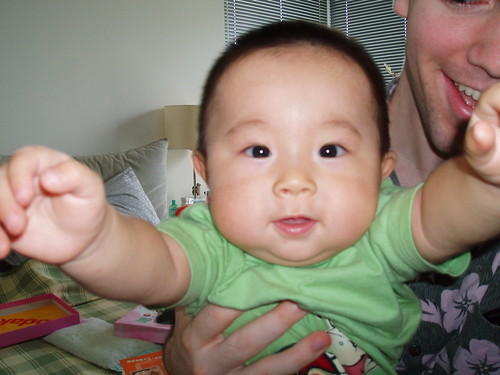



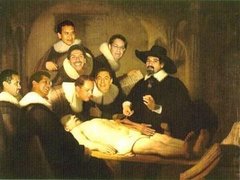

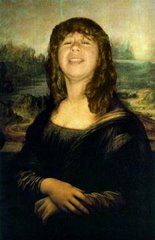
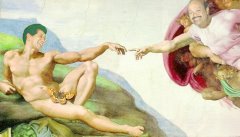

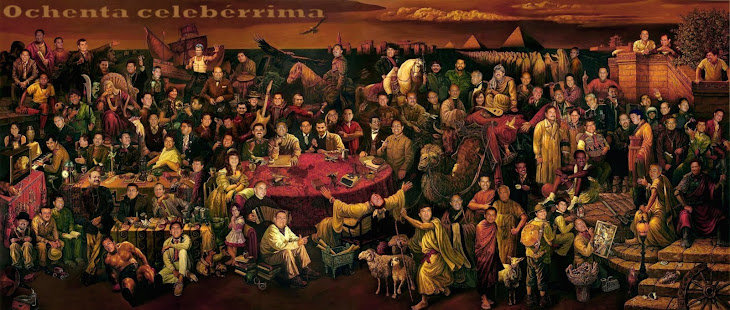
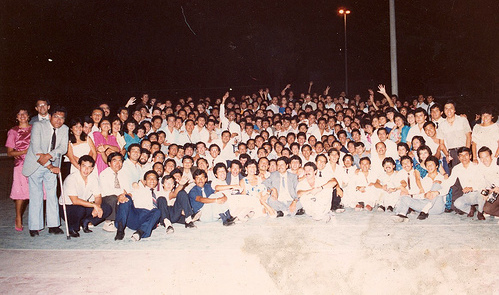
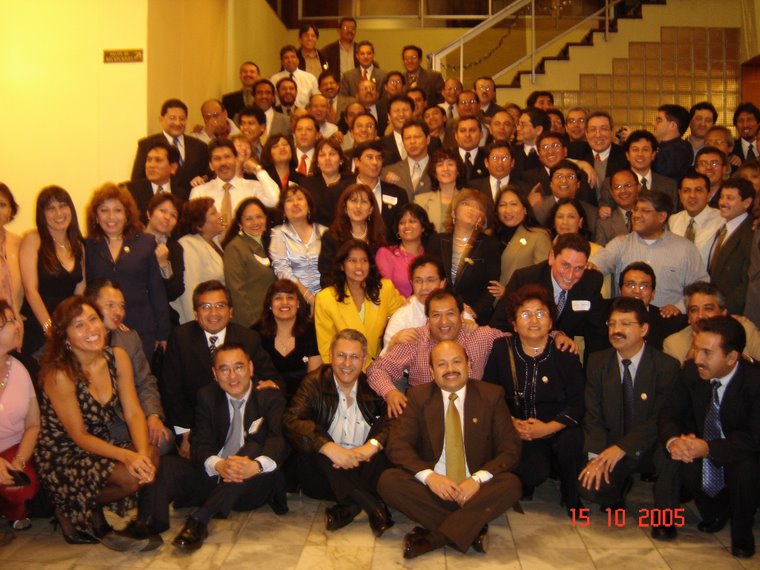
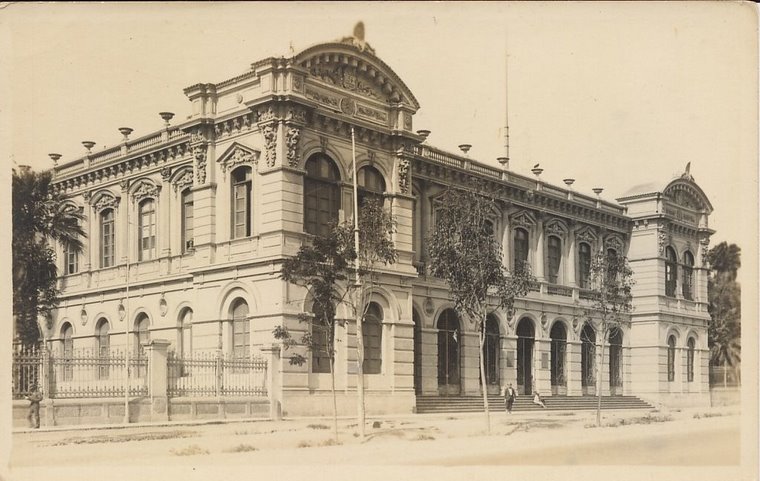
No hay comentarios.:
Publicar un comentario